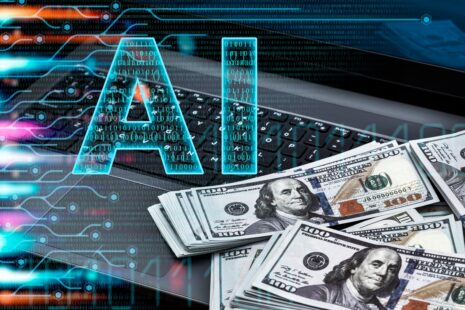While AI is transforming and automating tasks across numerous sectors, some industries are less susceptible to full automation due to the need for human creativity, emotional intelligence, ethical decision-making, or highly specialized expertise.
Industries Considered Safer from AI Disruption
Creative Arts & Entertainment
- Creative Professions – Artists, writers, musicians, and filmmakers require uniquely human creativity, storytelling, and emotional depth that AI struggles to replicate.
- Performance Arts – Jobs involving live performances, such as actors, dancers, and comedians, rely on human connection and spontaneity, making them less vulnerable to AI.
Healthcare (Human-Centric Roles)
- Caregiving and Nursing – Roles that require empathy, emotional support, and hands-on care, such as nursing or elder care, are difficult for AI to replicate.
- Doctors in Specialized Fields – While AI can assist with diagnostics, human doctors are necessary for interpreting nuanced cases, providing patient communication, and making ethical decisions.
Education & Teaching
- Early Childhood Education – Teaching young children involves emotional intelligence, patience, and understanding of developmental needs, which AI cannot fully emulate.
- Mentorship and Counseling – The role of a teacher as a mentor and guide, providing emotional support and adapting teaching methods to individuals, remains uniquely human.
Skilled Trades
- Construction and Repair – Jobs like electricians, plumbers, and carpenters require physical skills, adaptability, and problem-solving in unpredictable environments, which are challenging for AI to automate.
- Craftsmanship – Handmade and custom-designed goods still hold value for their human touch, creativity, and uniqueness.
Social Work & Psychology
- Counseling – Therapists and social workers rely on deep emotional understanding, active listening, and human empathy to help people through complex, personal issues.
- Community Support Roles – Jobs focused on resolving societal issues often require ethical judgment, cultural understanding, and human connection.
Policy Making & Legal Advisory
- Ethical and Strategic Decision-Making – Politicians, judges, and senior policymakers deal with moral and societal implications that require human judgment.
- Complex Legal Work – While AI can assist with document review and legal research, nuanced legal arguments and advocacy in court remain human-centric tasks.
Hospitality & Tourism
- High-End Hospitality – Roles requiring exceptional customer service, such as luxury hotel managers and personalized travel guides, depend on personal interactions.
- Cultural Tourism – Tour guides who offer immersive, culturally sensitive experiences cannot be easily replaced by AI systems.
Research & Innovation
- Scientific Exploration – While AI can assist in analyzing data, the generation of original hypotheses, critical thinking, and experimental design remain human strengths.
- Technology Development – Designing and innovating new AI systems themselves will require human engineers, developers, and researchers.
Industries that rely on emotional intelligence, creativity, ethical decision-making, or adaptability are less likely to be entirely replaced by AI. Yet, even in these fields, AI will likely augment human roles, requiring workers to adapt and develop complementary skills. Rather than fearing AI, embracing its potential as a tool can help professionals stay relevant in a rapidly changing job market.




